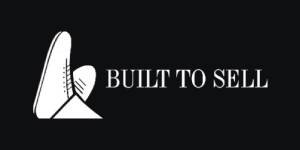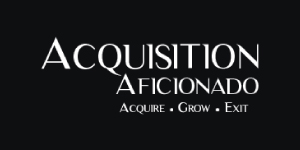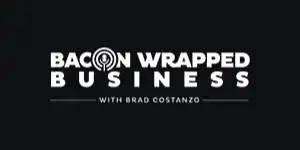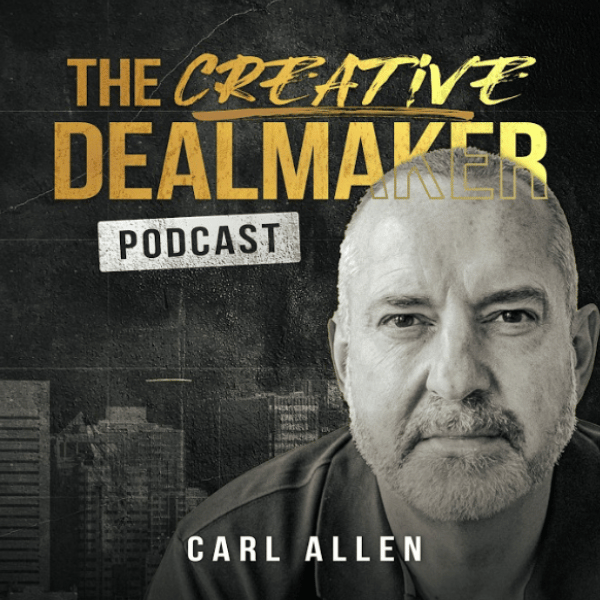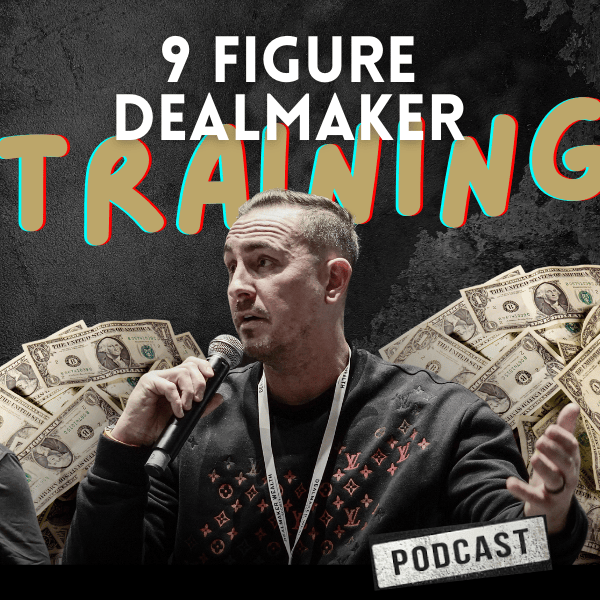Advantageous Changes to SBA Loan Terms
Advantageous Changes to SBA Loan Terms

(updated as of April 14, 2021)
You’ve heard the saying: Strike while the iron’s hot.
Well, right now in the U.S., it’s getting hotter by the day.
The Small Business Administration (SBA) is a U.S. government body that finances existing businesses for growth. It ALSO underwrites the majority of bank financing for business acquisitions.
I’ve talked about the pros and cons of its acquisition loan programs before.
An SBA-backed loan can help you generate up to 80% of the purchase price for a business (90% in extreme cases), with 10-to-25-year repayment terms depending on the deal.
The benefits of the SBA are numerous…
- Making a large, closing payment to the seller means you can negotiate a lower, overall price for the business compared to paying more with seller financing over a longer period of time.
- The repayment term is long, so the debt service is far less onerous on the business compared to asset-based financing or shorter-term cash flow financing.
- Working capital can be added to the loan so you have some firepower to grow the business once you have acquired it.
Yes, the SBA requires a buyer’s deposit (either you or an equity partner) and a personal guarantee. But the advantages outweigh the disadvantages.
And just recently, as part of their ongoing coronavirus relief efforts, the SBA announced two major changes that made their loan programs even MORE compelling:
- Guarantee fees have been waived. Previously, on a $1 million loan the fees would have been around $30K. Not anymore.
- The U.S. government will ABSORB the first THREE months of repayments, up to $9K per month. That’s an extra $27K in your pocket during that period of time.
Let’s look at an example. Assume you are buying this business:
Revenue = $4,000,000
Profit Margin = 15%
Profit = $600,000
Multiple = 4X (higher than average)
Enterprise Value (EV) = $2,400,000
Assuming there are no adjustments for surplus cash or debt, it’ll cost you $2.4 million to buy this business.
The SBA will kick in 80% or $1.92 million. You (either directly or with an equity partner) will need to come up with 10% or $240K. And the last $240K (10%) can be secured with seller financing.
A guarantee fee of 3% would have cost you an additional $58K. That’s now waived.
Using the SBA’s own calculator, the monthly payments on a 10-year loan at 6% interest would be around $23K.
But since the first three months are each discounted by $9K, what would have cost you $69K (3 x $23,000) will now only cost you $42K (3 x $14K).
Add that to the waived guarantee fee and you’re now $142K richer!
If the investor pledging $240K wanted 30% of the ownership, you could pay them back much quicker — say in six months — and reduce the dilution from 30% to 10%.
Or you could use that money to immediately grow the business. Maybe hire more salespeople or increase the marketing budget — take actions that will make the business more profitable and valuable when you sell it.
This is a MASSIVE set of incentives — so take advantage of them while they last!
Remember, the SBA qualification rules still apply:
- The maximum deal size is $5 million.
- A U.S. citizen must own at least 51% of the business. If you are NOT a U.S. citizen or permanent, legal resident, don’t despair — you can still own 49%.
- You need to have some experience in the target business’s sector.
- You need a minimum of 10% buyer’s equity. You can sell some ownership to a partner if you need to.
- All shareholders with ownership of 20% or more need to sign a personal guarantee.
- You need a minimum credit score of 690.
- All current shareholders need to exit, including the existing owner. They can do a 12-month handover period, but they cannot retain ownership.
- The SBA hates volatility in financial performance. If the historic numbers are “choppy,” the deal may not qualify unless a clear and compelling reason is presented.
- Earn-outs are not allowed.
And don’t forget… the SBA CANNOT pre-approve deals because a big part of the decision is YOU, the buyer. Until you apply, the SBA can’t approve the deal.
So when a broker tells you the deal is “pre-approved,” it’s simply NOT true. Call them out on this. It will further improve your credibility and dealmaking savvy. (You’re welcome!)
In summary, the SBA just made the lending terms sweeter. For the right buyer and the right deal, it could just be the perfect financing for you.
Go close some deals!
Until next time, bye for now.
